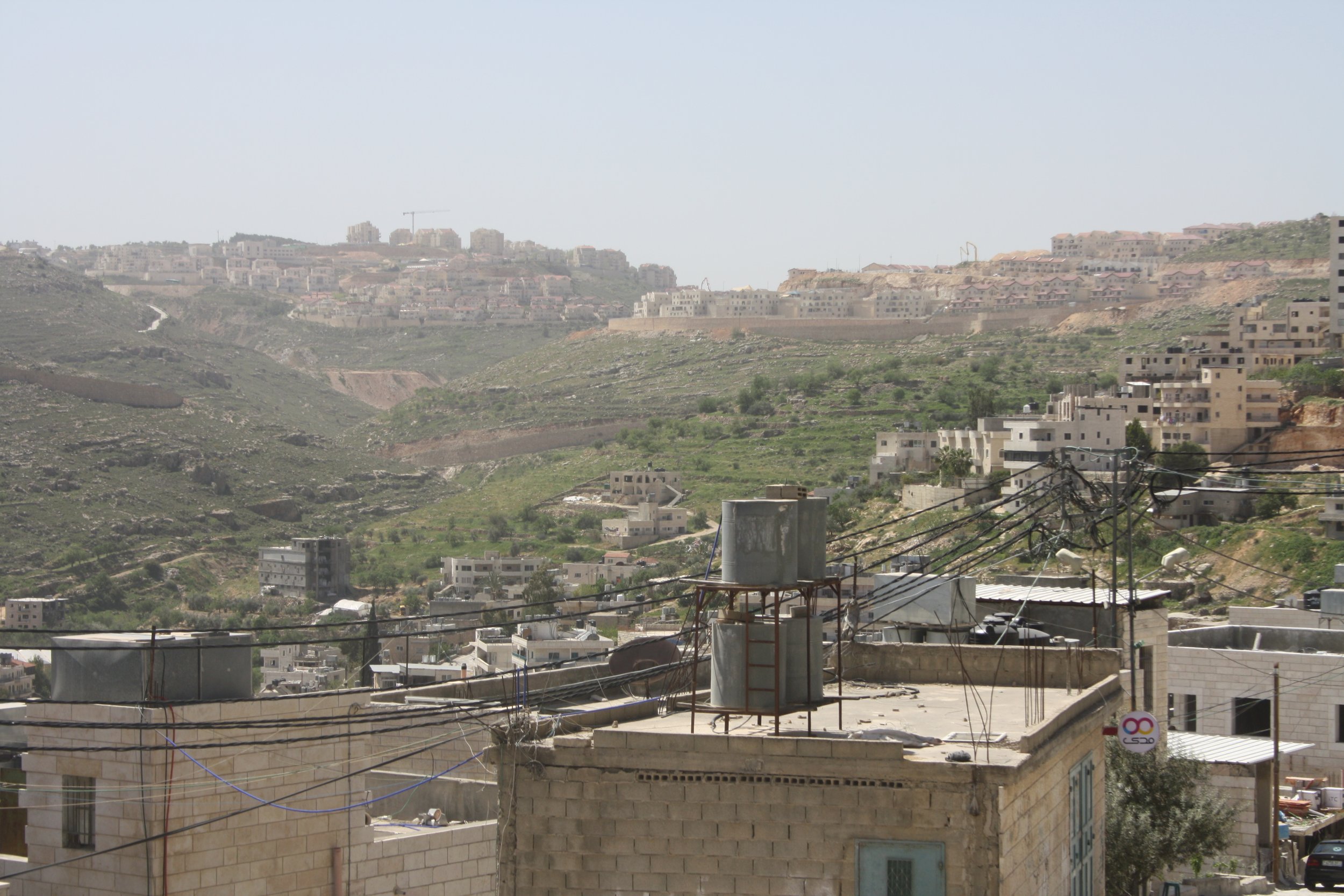‘Operation Iron Wall': The Focus Moves to the West Bank
Thomas Graham | 18 February 2025
Summary
Fatah has governed the West Bank since 2006, when disagreements with Hamas led to a violent conflict between the Palestinian parties.
Israel and Fatah have often cooperated to curtail Hamas’ influence in the West Bank, exemplified by the recent ‘Operation Iron Wall’.
Israeli settlers in the West Bank risk upsetting the Palestinian population, which could prove disastrous to Fatah’s control of the region and stance towards Israel.
Amidst a global focus surrounding the Israel-Gaza War, the West Bank - inhabited by 3.2 million Palestinians - has largely been relegated as a secondary concern. The territory has since 2005 been governed by President Mahmoud Abbas, whose party Fatah has adopted a significantly more moderate stance towards Israel than its counterpart Hamas. Indeed, Hamas and Fatah initially diverged after the 2006 Palestinian Legislative Elections, over disagreements on whether the Palestinian leadership should recognise the State of Israel. While the 1988 Hamas Charter explicitly calls for the “obliteration or dissolution of Israel”, the Palestinian Authority (PA) under Abbas ultimately believes that negotiation and mutual recognition are key to securing Palestinian statehood.
The unresolved conflict between Hamas and Fatah has resulted in a struggle over Palestinian governance, which Israel and the PA have capitalised on. It is recognised that these two actors have long been engaged in informal cooperation and engagement, where Israel assists Abbas in maintaining territorial control over the West Bank, while the PA conducts counter-terrorism operations against Hamas and jihadist militants within its borders. A recent example of this relationship can be found in ‘Operation Iron Wall’, launched by Israel on 21 January 2025. This military action follows attempts by Fatah to combat Hamas elements within the refugee camp in Jenin, which upon being deemed insufficient by Israel, led to a withdrawal of PA forces and a large-scale operation by the IDF. Hamas has since criticised Fatah for cooperating with Israel.
Although a status quo exists between Israel and Fatah, the current Israeli government’s lenient and periodically supportive policy towards Jewish settlers in the West Bank risks upsetting this relationship. Palestinian civilians in the region often complain of violence and displacement by Israeli settlers, intent on expanding their nation’s borders. While Abbas has so far managed to maintain these qualms under control, the Israel-Gaza War has rapidly turned Palestinian public opinion against the Jewish State. Applying further pressure may likely lead to a surge in the belief that Fatah’s party line is unsustainable and that Hamas’ armed struggle may be the only viable option towards statehood.
Shark1989z/Wikimedia, CC BY 4.0
Forecast
Short-term
Israel and Fatah are likely to maintain informal cooperation to prevent Hamas from rebuilding its capabilities in the aftermath of the Israel-Gaza War.
Medium-term
The aggressiveness of Israeli settlers towards Palestinians poses a realistic possibility of swinging the West Bank’s public opinion against the moderate stance adopted by Fatah.

